PENGUIN  CLASSICS
CLASSICS
ON REVOLUTION
HANNAH ARENDT was born in Hanover, Germany, in 1906. She studied at the Universities of Marburg and Freiburg and received her doctorate in philosophy at the University of Heidelberg, where she studied under Karl Jaspers. In 1933 she fled from Germany and went to France, where she worked for the immigration of Jewish refugee children into Palestine. In 1941 she went to the United States and became an American citizen ten years later.
She was a research director of the Conference on Jewish Relations, chief editor of Schocken Books, executive director of Jewish Cultural Reconstruction in New York City, a visiting professor at several universities, including California, Princeton, Columbia, and Chicago, and university professor at the graduate faculty of the New School for Social Research. She was awarded a Guggenheim Fellowship in 1952 and won the annual Arts and Letters grant of the National Institute of Arts and Letters in 1954.
Hannah Arendts books include The Origins of Totalitarianism, Crises of the Republic, Men in Dark Times, Between Past and Future: Eight Exercises in Political Thought, and On Violence and Eichmann in Jerusalem: A Report on the Banality of Evil. She also edited two volumes of Karl Jaspers The Great Philosophers. Hannah Arendt died in December 1975.
JONATHAN SCHELL is the Harold Willens Peace Fellow at the Nation Institute and the author of The Unconquerable World: Power, Nonviolence, and the Will of the People (Metropolitan) and The Fate of the Earth, among other books.
HANNAH ARENDT
On Revolution
Introduction by
JONATHAN SCHELL

PENGUIN BOOKS
Published by the Penguin Group
Penguin Group (USA) Inc., 375 Hudson Street, New York, New York 10014, U.S.A.
Penguin Group (Canada), 90 Eglinton Avenue East, Suite 700, Toronto,
Ontario, Canada M4P 2Y3 (a division of Pearson Penguin Canada Inc.)
Penguin Books Ltd, 80 Strand, London WC2R 0RL, England
Penguin Ireland, 25 St Stephens Green, Dublin 2, Ireland (a division of Penguin Books Ltd)
Penguin Group (Australia), 250 Camberwell Road, Camberwell,
Victoria 3124, Australia (a division of Pearson Australia Group Pty Ltd)
Penguin Books India Pvt Ltd, 11 Community Centre, Panchsheel Park, New Delhi 110 017, India
Penguin Group (NZ), Cnr Airborne and Rosedale Roads, Albany,
Auckland 1310, New Zealand (a division of Pearson New Zealand Ltd)
Penguin Books (South Africa) (Pty) Ltd, 24 Sturdee Avenue,
Rosebank, Johannesburg 2196, South Africa
Penguin Books Ltd, Registered Offices:
80 Strand, London WC2R 0RL, England
First published in the United States of America by The Viking Press 1963
Revised edition published in a Viking Compass edition 1965
Published in Penguin Books 1977
This edition with an introduction by Jonathan Schell published 2006
Copyright Hannah Arendt, 1963, 1965
Copyright renewed Lotte Kohler, 1991
Introduction copyright Jonathan Schell, 2006
All rights reserved
LIBRARY OF CONGRESS CATALOGING IN PUBLICATION DATA
Arendt, Hannah.
On revolution / Hannah Arendt ; introduction by Jonathan Schell.
p. cm.
Originally published: New York : Viking Press, c1963.
Includes bibliographical references and index.
ISBN: 978-1-101-66264-9
1. Revolutions. I. Title.
JC491.A68 2006
321.094dc22 2006045397
Except in the United States of America, this book is sold subject to the condition that it shall not, by way of trade or otherwise, be lent, resold, hired out, or otherwise circulated without the publishers prior consent in any form of binding or cover other than that in which it is published and without a similar condition including this condition being imposed on the subsequent purchaser.
The scanning, uploading and distribution of this book via the Internet or via any other means without the permission of the publisher is illegal and punishable by law. Please purchase only authorized electronic editions, and do not participate in or encourage electronic piracy of copyrighted materials. Your support of the authors rights is appreciated.
To Gertrud and Karl Jaspers
In reverencein friendshipin love
Acknowledgments
The topic of this book was suggested to me by a seminar on The United States and the Revolutionary Spirit, held at Princeton University in the spring of 1959 under the auspices of the Special Program in American Civilization. For the completion of the work I am indebted to a grant from the Rockefeller Foundation in 1960 and to my stay as Fellow of the Center for Advanced Studies at Wesleyan University in the fall of 1961.
HANNAH ARENDT
New York, September 1962
Introduction
THE ARENDTIAN REVOLUTIONS
In The Origins of Totalitarianism, published in 1951, Arendt fixed her gaze in grief and indignation on the recently overthrown totalitarian regime of Adolph Hitler in Germany and the still-existing one of Joseph Stalin in the Soviet Union. In On Revolution, published twelve years later, she cast her eye forward in hope, without knowing it, to a still-invisible near future, namely the wave of nonviolent movements that, between the mid-1970s and the present, brought democratic governments to power in dozens of nations on all continents, from Greece to South Africa to Chile to Poland and, finally, to the Soviet Union itself. These revolutions might be called Arendtian revolutions, though not in the sense that earlier ones were Marxist revolutions. The new revolutionaries, with a few notable exceptions, did not study Arendt as the Marxists had studied Marx; yet to a remarkable extent the revolutions they made somehow followed pathways first traced by Arendt in thought. Having no ambition as a prophet, she turned out to be one. The story of her journey from the one book to the other, it seems to me, sheds some light on the coming events that On Revolution unknowingly foretold. All of those revolutions occurred, of course, after Arendt wrote her book, and this introductions readers, who in any case may prefer reading the book before reading commentary on it and so avoid any preview of it, are invited to turn to Arendt first, and consider these words as an epilogue.

Arendt combined a visceral, impassioned response to contemporary events with an immense depth of historical and philosophical knowledge. She was a keen follower of the news, where that old trickster World History (as she and her husband used to say in their letters to one another) was at work, and her chorus of Ach!s and other sighs and explosions of feeling while watching television reports was an object of affectionate, amused commentary among her friends. Its tempting to say that she brought philosophy to bear on events; but the truth appears to have been more nearly the opposite. It was events that set her mind in motion, and philosophy that had to adjust. Sometimes the adjustment was minora sharp rebuke to some article of conventional wisdom (for example, the idea that totalitarianism was just a new variation on dictatorship)and sometimes it was monumental (for example, her challenge to the low station assigned to politics in the entire Western philosophical tradition, from the ancient Greeks forward). Yet if as a political thinker, she was more deductive than inductive, more Baconian than Aristotelian, neither the modern nor the ancient model of science truly represented her style of inquiry; for if she did not start with generalizations and then seek instances, neither did she quite start by collecting events and then deducing a rule. Rather, her thinking seems to crystallize (the word is hers) around events, like a coral reef branching outward, one thought leading to another. The result is an independent body of coherent but never systematically ordered reflection that, while seeming to grow from within over her lifetime, according to laws and principles peculiar to itself, at the same time manages to continually illuminate contemporary affairs.

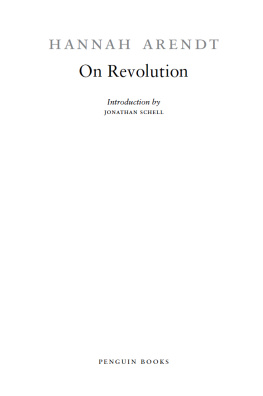
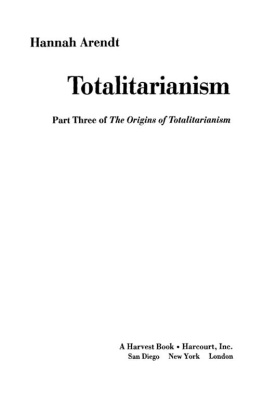
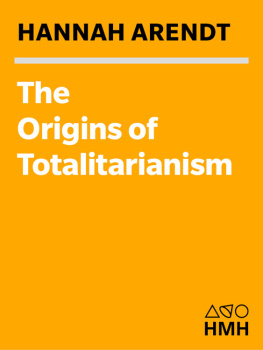
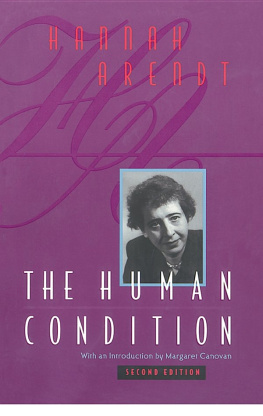
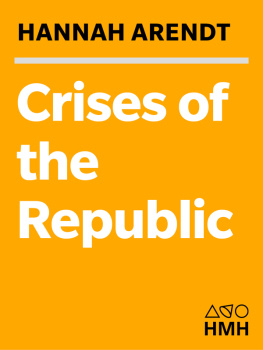


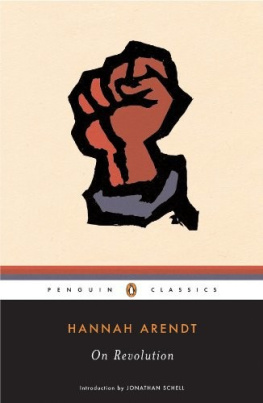


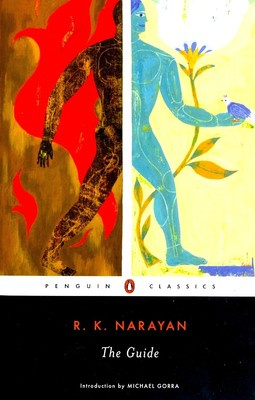




 CLASSICS
CLASSICS
